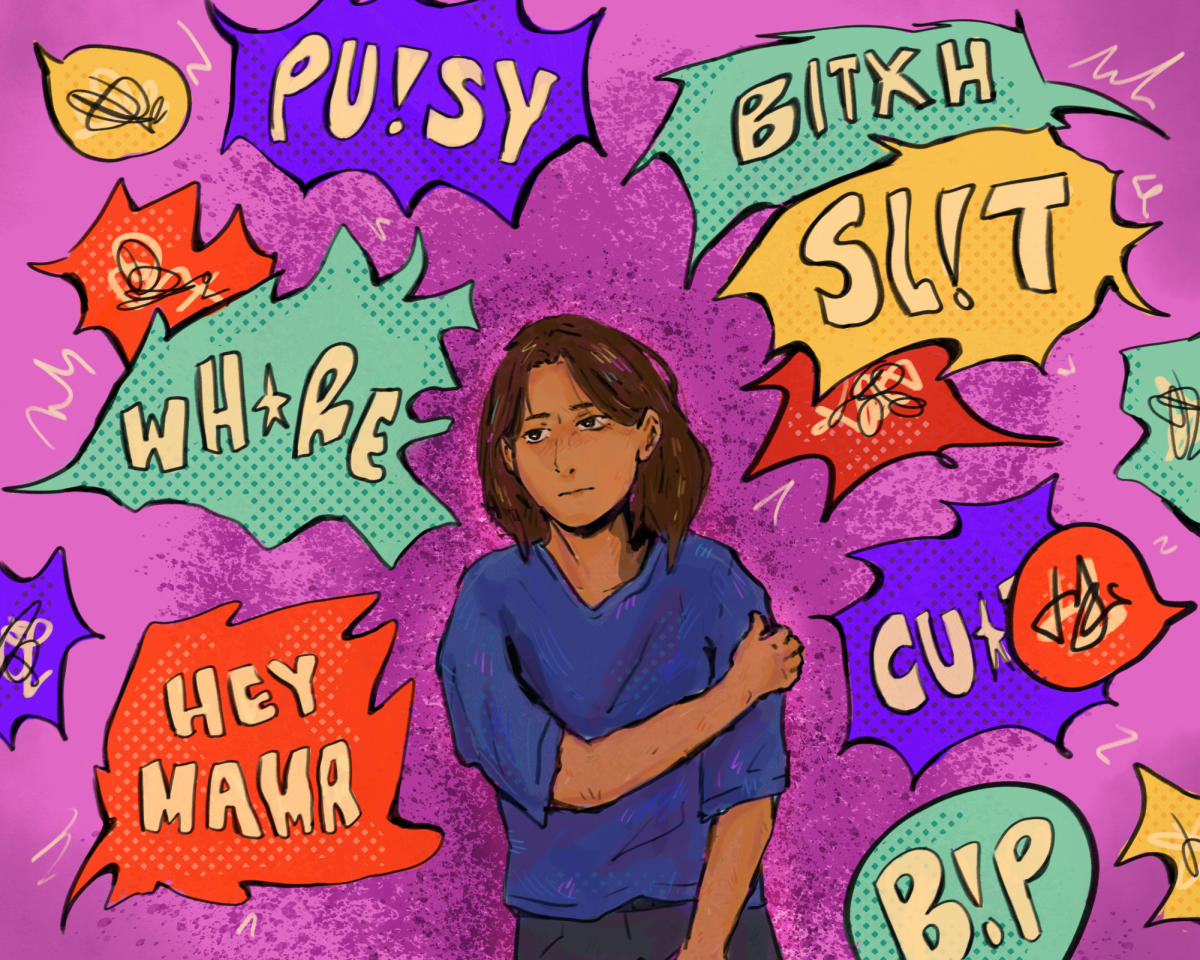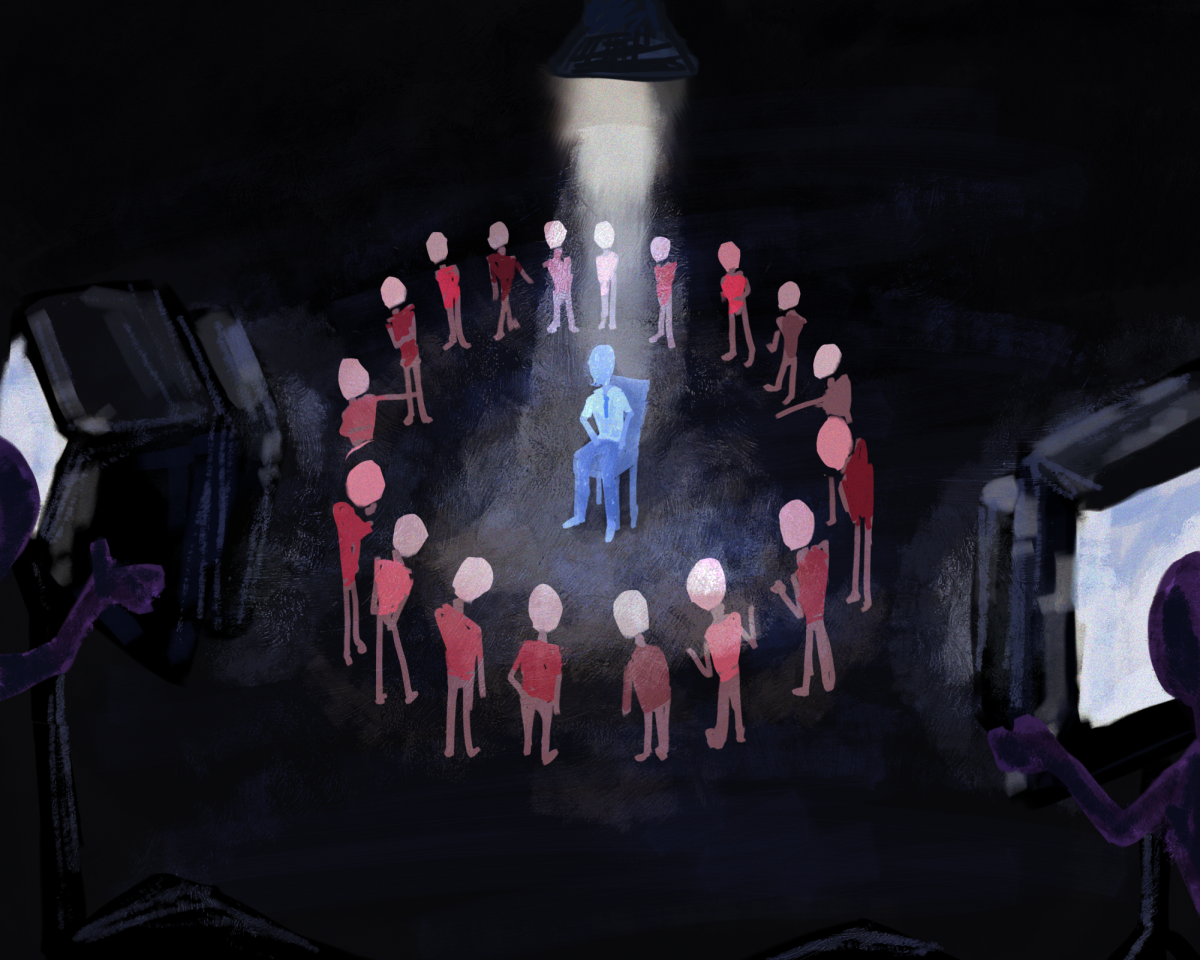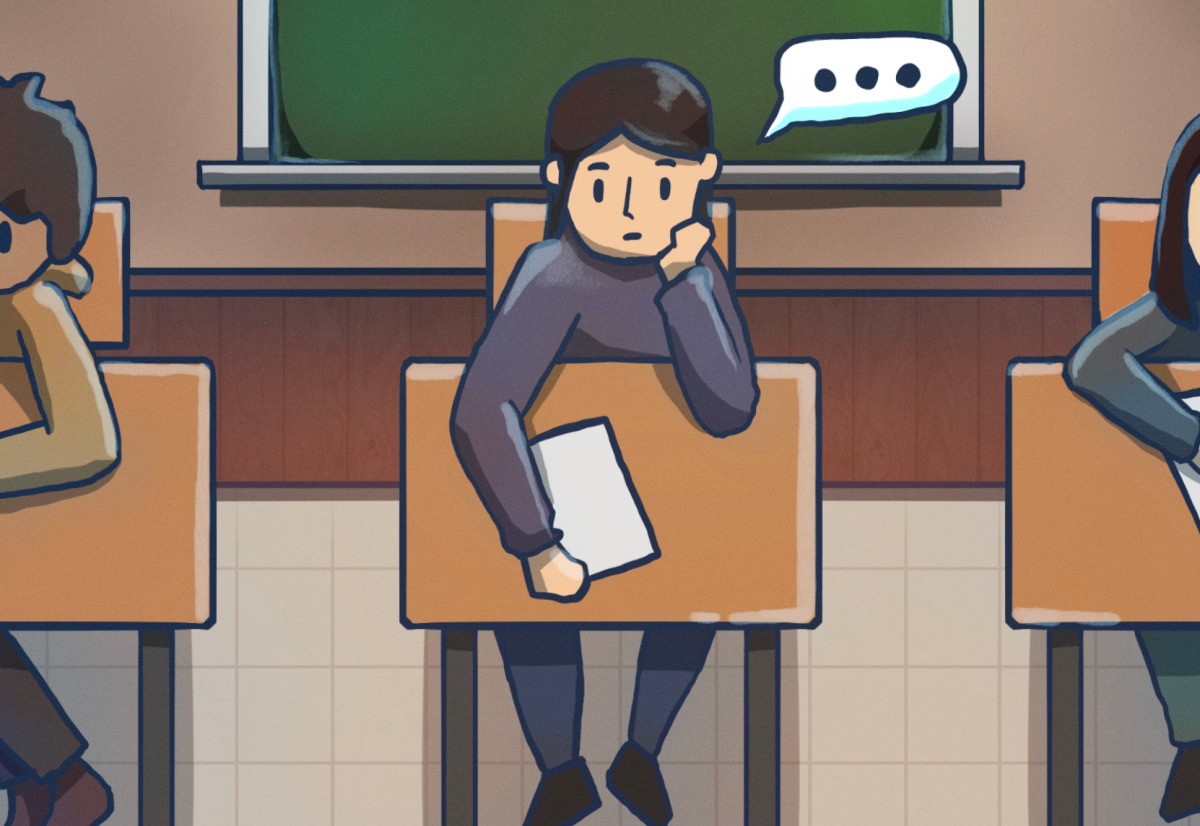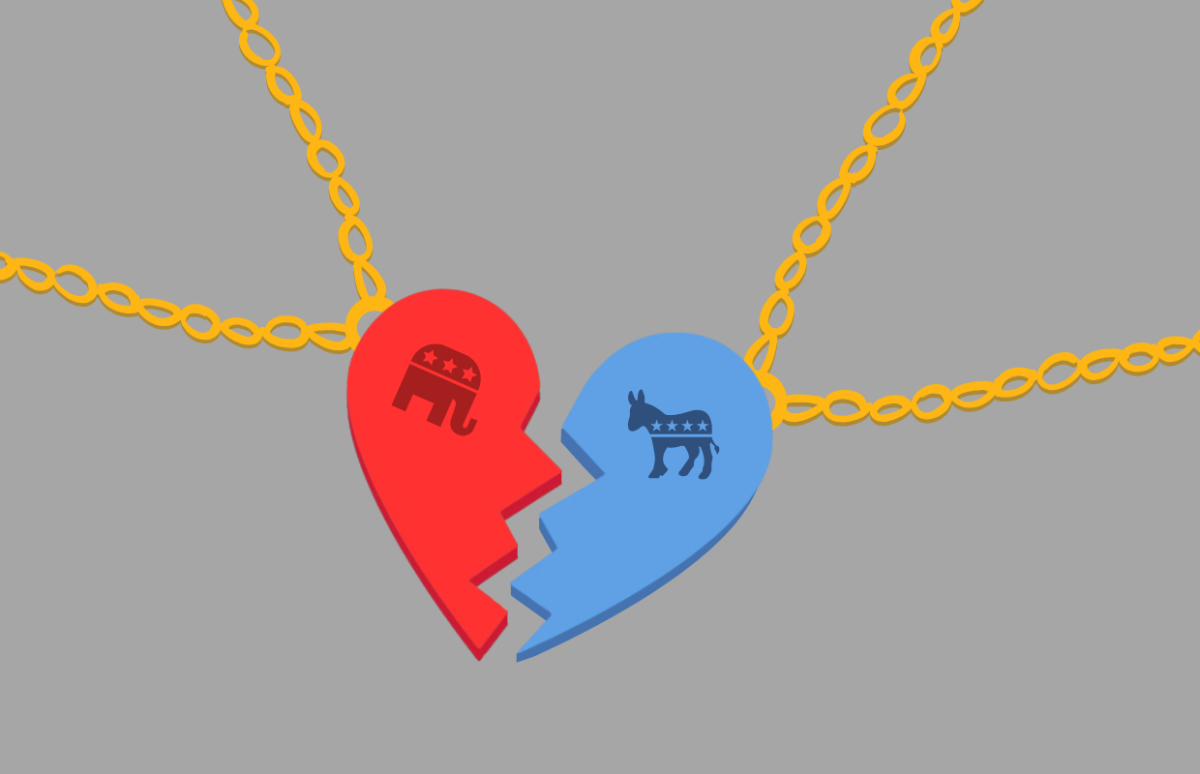Humans have always prized language as one of the most important tools available. With the emergence of social media in the late ‘90s, instant communication became available to millions of people, no matter where they were. But the power of advanced communication has also come with the power to abuse it, allowing for the increased escalation and widespread use of derogatory slang.
Before social media, slang was mostly regional and spread via word of mouth. Nowadays, as social media plays an increasingly important role in people’s lives all around the globe, slang spreads like wildfire on apps like TikTok and Instagram.
While most of the newer slang created by social media users is harmless and fun, some words have inevitably emerged that target specific groups. One recently popularized slang term is “bop,” which refers to a person, typically a woman, who posts their body on the internet and has had many partners and frequent hook-ups. Originally, it was a slang term for a catchy song.
The use of misogynistic dialogue is nothing new, with words like “slut” dating back several centuries. These terms eventually became widespread slang used to degrade women. The first recorded use of the word “slut” referred to a slovenly man in Geoffrey Chaucher’s “The Canterbury Tales,” published in 1386. However, in the mid-15th century, the meaning changed to refer to a kitchen maid, and in the 18th century, it changed again to refer to a woman with an unclean house. Additionally, words like “bitch” and “p*ssy” refer to animals, but have evolved to reduce women to bestial characteristics.
Similarly, the word “bossy” evolved into a gendered term normally used to describe an assertive woman, with the sexist meaning originating in 1882 in a children’s novel. Its negative connotation shames bold women and discourages them from speaking their minds. The word “bossy”, however, is unlike the other terms in that it is ingrained in the English language and is not considered slang.
“The c-slur and the p-slur, they’re part of a variety of different slurs mostly to do with…the vagina,” Women’s Studies teacher Linda Leslie said. “They imply inferiority, and you associate them with weakness.”
The word “bop” took on the meaning of the words “whore” and “slut” and quickly caught on with TikTok users. The transformation of the term marks another shift from a word that originally had no sexual or misogynistic meaning to one used to shame women, contributing to the normalization of basing a woman’s value on her perceived sexuality.
The change in meaning and use of words over time demonstrates how a culture of misogyny and sexual violence towards women permeated the English language, even before social media. The introduction of social media has only made it worse as now people tend to judge someone purely based on their appearance on a screen. MoCo EmpowHER co-chair Liliana Katz-Hollander noted how this judgment limits women to their appearance.
“I’ll just be scrolling and see a random video of a woman posting something that has nothing to do with her appearance, and I’ll go to the comments, and a lot of them are men talking about OnlyFans,” Katz-Hollander said. “I think that that shows how the internet commodifies women, [taking] advantage of what’s already existed for hundreds of years, which is people’s willingness to comment on women’s bodies without giving regard for the person that they are.”
Jumping to conclusions about a woman’s sexuality has drastic consequences on how men perceive women in real life. Today, statistics of rape and sexual abuse towards women are staggering. In America alone, one in six women have been the victim of an attempted or completed rape. People commonly tell women who experience sexual abuse that they purposefully attract attention based on their behavior or appearance. Rapists use this logic to justify their actions, arguing that those women were “asking for it.”
The words “bop,” “slut” and “bitch” allow people to judge a woman based on her appearance, which makes it easier for offenders to justify their reasons for assault, contributing to the culture of sexual violence. Sophomore Dylan Schwartz, whose friend group is mostly male, reflects on her friends using these words.
“I’ve definitely heard it from a few of them; usually I try and call it out,” Schwartz said. “It’s kind of disappointing when I hear it because I’m like, damn, I don’t like the person you’re turning into.”
Despite this, there has been a recent trend of reclamation. Women online have been reclaiming the word “bop”, who define the word as an acronym for “baddie on point,” transforming the word into a complement of a woman’s appearance. Women even reclaimed the word “bossy”, with many business-oriented women donning the title of “girlboss” or “boss bitch” to describe their assertive personalities.
Reclamation of sexist language used against women may diminish the meaning of the word or even create a whole new meaning. However, reclamation is a personal battle for each woman. Reclaiming a word entails analyzing it, separating the meaning from the word itself and giving it a new definition. It’s a process of unlearning that can be ruined in a heartbeat. Because of this, reclamation isn’t possible for everyone.
“The reason these [words] were insults in the first place is because they are spoken with evil intent,” Katz-Hollander said. “That doesn’t change even when there are groups of people using them in positive ways.”
Words have power through both written and spoken language, and the ones people choose to use can have a massive impact on others. The proliferation of social media has only added fuel to this fire and must be put out before permanent damage is done. Users have to place less importance on social media slang and realize how harmful it is to use these words. The continuous degradation of women through language must come to an end — feminism has come too far to backtrack now.

















Annie Lai • Jun 6, 2024 at 12:01 pm
Well written and well researched! Misogynistic dialogue has so long been in our way of life that we tend to normalize these terms and become desensitized to their meaning. Hopefully everyone will be more mindful of the words they use and the meaning they convey in generations to come.
macy_scharpf • Jun 6, 2024 at 8:34 am
YAY ASHA you did a really good job with this piece